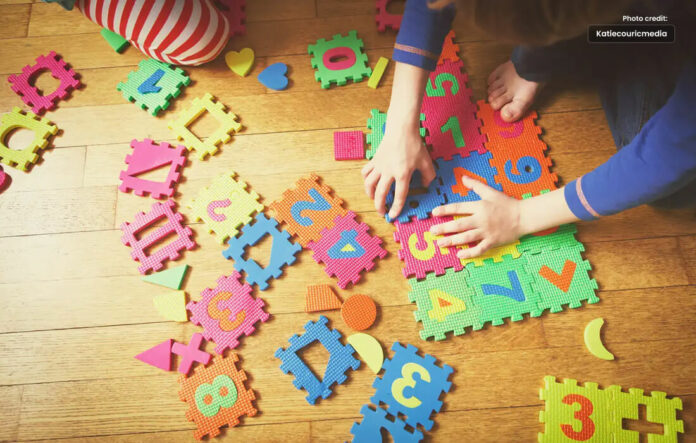Discover the exciting realm where education meets entertainment.
In the dynamic landscape of education, where engagement is key, the fusion of learning and play has emerged as a powerful catalyst for knowledge retention and skill development. Educational games, often dismissed as mere entertainment, have evolved into invaluable tools that seamlessly integrate fun and learning. In this blog, we will unravel the fascinating world of educational games and explore how they contribute to a more engaging and effective learning experience.
Learning Disguised as Fun
Educational games have a unique ability to camouflage learning within the folds of enjoyment. By leveraging game mechanics, students can grasp complex concepts while immersed in entertaining narratives. Whether it’s mastering math through interactive puzzles or delving into history through strategy games, the marriage of education and play makes the learning process feel less like a chore and more like an exciting quest.
Fostering Critical Thinking Skills
One of the key benefits of educational games is their knack for promoting critical thinking and problem-solving skills. Games often present challenges that require players to analyze, strategize, and make decisions in real-time. This not only sharpens cognitive abilities but also instills a sense of resilience and perseverance as players navigate through various levels of difficulty.
Click here for International news today
Tailored Learning Experiences
Educational games cater to diverse learning styles and paces. Unlike traditional classroom settings, games allow students to progress at their own speed, reinforcing the concept of personalized learning. This adaptability ensures that each student receives a tailored educational experience, accommodating their unique strengths and areas that need improvement.
Real-world Application
The application of knowledge in real-world scenarios is a crucial aspect of learning. Educational games often simulate practical situations, enabling students to apply theoretical concepts in a controlled and interactive environment. This bridge between theory and application enhances understanding and prepares students for the challenges they may face outside the virtual or physical classroom.
Collaborative Learning
Many educational games incorporate a multiplayer component, fostering collaboration and teamwork among students. These games encourage communication, shared problem-solving, and the development of social skills in a digital space. The ability to collaborate in a gaming environment translates seamlessly into collaborative skills needed in the professional world.
Continuous Feedback and Progress Tracking
Educational games come equipped with built-in assessment features that provide instant feedback to players. This immediate response allows students to identify areas for improvement and celebrate their successes in real-time. Additionally, educators and parents can track students’ progress, gaining insights into their strengths and areas that require additional attention.
Conclusion:
Educational games have transcended the realm of entertainment, emerging as potent tools for enriching the learning experience. By seamlessly integrating play and education, these games captivate the imagination of learners, making academic pursuits more enjoyable and effective. As we continue to explore innovative approaches to education, the marriage of gaming and learning stands out as a transformative force, shaping the future of how we acquire knowledge and skills. Join us on this thrilling journey where education becomes an adventure, and every game level conquered is a step closer to a brighter, more knowledgeable future.




